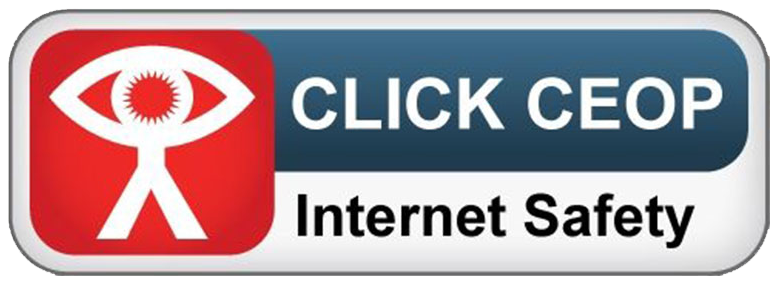Is my child too ill for school?
Use the links in each section to find more health information.
Coughs and colds
It's fine to send your child to school with a minor cough or common cold. If they have a fever, keep them off school or nursery until the fever goes. Encourage your child to throw away any used tissues and to wash their hands regularly.
High temperature
If your child has a high temperature, (over 38°c) keep them off school or nursery until it goes away.
Chickenpox
If your child has chickenpox, keep them off school or nursery until all the spots have crusted over. This is usually about 5 days after the spots first appeared.
Cold sores
There is no need to keep your child off school or nursery if they have a cold sore. Encourage them not to touch the blister or kiss anyone while they have the cold sore, or to share things like cups and towels.
Conjunctivitis
You don't need to keep your child away from school or nursery if they have conjunctivitis. Do get advice from your pharmacist. Encourage your child not to rub their eyes and to wash their hands regularly.
COVID-19
If your child has mild symptoms, such as a runny nose, sore throat, or slight cough, and feels well enough, they can go to school or nursery. Your child should try to stay at home and avoid contact with other people if they have symptoms of COVID-19 and they either:
- have a high temperature
- do not feel well enough to go to school or do their normal activities
Ear infection
If your child has an ear infection and a high temperature or severe earache, keep them off school or nursery until they're feeling better or their high temperature goes away.
Hand, foot and mouth disease
If your child has hand, foot and mouth disease but seems well enough to go to school or nursery, there is no need to keep them off. Encourage your child to throw away any used tissues straight away and to wash their hands regularly.
Head lice and nits
There is no need to keep your child off school or nursery if they have head lice. You can treat head lice and nits without seeing a GP.
Impetigo
If your child has impetigo, they'll need treatment from a GP, often with antibiotics. Keep them off school or nursery until all the sores have crusted over and healed, or for 48 hours after they start antibiotic treatment. Encourage your child to wash their hands regularly and not to share things like towels and cups with other children at school or nursery.
Ringworm
If your child has ringworm, see your pharmacist unless it's on their scalp, in which case you should see a GP. It's fine for your child to go to school or nursery once they have started treatment.
Scarlet fever
If your child has scarlet fever, they'll need treatment with antibiotics from a GP. Otherwise they'll be infectious for 2 to 3 weeks. Your child can go back to school or nursery 24 hours after starting antibiotics.
Slapped cheek syndrome (fifth disease)
You don't need to keep your child off school or nursery if they have slapped cheek syndrome because, once the rash appears, they are no longer infectious.
Let the school or nursery know if you think your child has slapped cheek syndrome.
Sore throat
You can still send your child to school or nursery if they have a sore throat. If they also have a high temperature, they should stay at home until it goes away. A sore throat and a high temperature can be symptoms of tonsillitis.
Threadworms
You don't need to keep your child off school or nursery if they have threadworms. Speak to your pharmacist, who can recommend a treatment.
Vomiting and diarrhoea
Children with diarrhoea or vomiting should stay away from school or nursery until they have not been sick or had diarrhoea for at least 2 days (48 hours).



